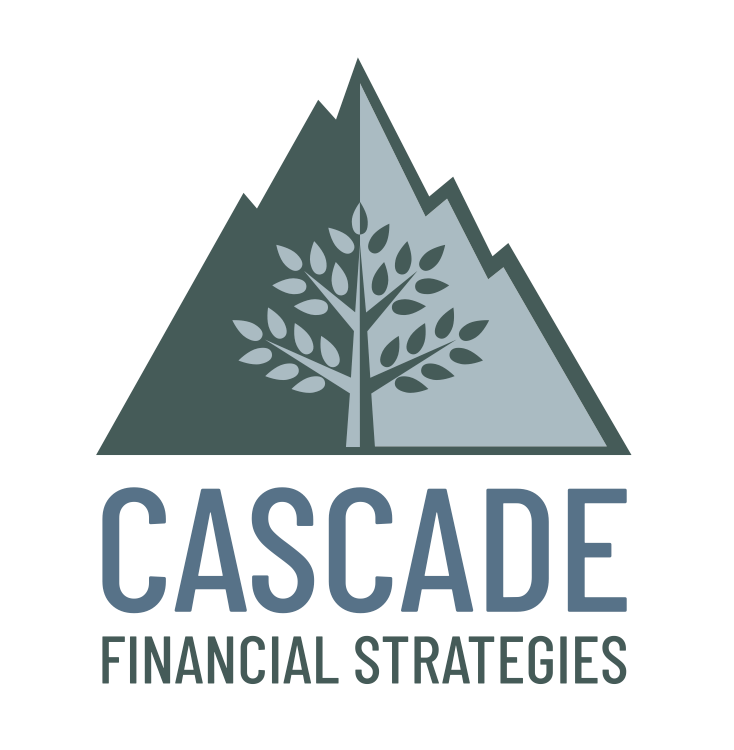My undergrad degree was in history so I always seem to feel the need to begin with a look back. SRI investments probably existed in many shapes and forms for as long as societies have been bartering and exchanging goods. In this country the Quakers may have been the first to attempt to put their money in line with their beliefs by refusing to do business with companies involved in the slave trade. In the late 1970s, pressure from investors on South Africa contributed to the end of apartheid. The chart below highlights many of the modern developments that have shaped the SRI landscape.
In recent years significant advancements have been made not only in dollars pouring into SRI and increased options becoming available to investors, but in the actual means of how to implement investment strategies. When I started in this business 13 years ago, SRI investments were labeled as Socially “Conscious” Investments. This method, or focus, was the screening out of companies in industries that an investor might not want to support like gambling, tobacco, alcohol and others. Availability of investment manager choices was limited, costs were slightly higher, and this negative screening would in some cases lead to a lag in performance. Even though all of this has changed dramatically in recent years, most financial advisors still often cite these points when clients inquire about aligning to their values with their portfolios.
The new SRI, sometimes referred to as “Impact” investing, attempts to find companies that are not just in industries that are doing no harm (screening out), but ones that are actually having a positive influence on the environment, human rights issues, fair trade, ethical management, etc. The additional benefit of this type of strategy is that these types of companies can also be profitable investments! The energy sector is a prime example. For decades the U.S. government has subsidized big oil corporations through tax breaks. This seems less likely to continue with the fracking process contributing to a supply glut and the increasing development of viable alternative energy sources. Statistics also show that public demand for the utilization of alternative energy sources is growing rapidly. All of this is putting pressure on governments around the world causing a shift away from the support of fossil fuels. With this outlook on the future of the energy sector, the type of companies best positioned for growth and competitive investment returns is becoming clearer. Historically speaking, we may find that our current, favorable position is one in which doing the “right” thing with investment dollars based on our values, is also the most advantageous in producing positive portfolio returns. It’s certainly worth looking into.
GET STARTED WITH A COMPLIMENTARY PORTFOLIO IMPACT ASSESSMENT
CONTACT US
Phone: 541-678-5475
Fax: (541) 678-5476
E-mail: [email protected]
LINKS:
HOURS
- Mon - Fri
- -
- Sat - Sun
- Closed
ADDRESS
243 SW Scalehouse Loop, Suite 1A,
Bend, OR 97702
PHONE
A Registered Investment Advisor
Investment Advice is offered through Cascade Financial Strategies, a registered investment advisor licensed in Bend, Oregon, California and Idaho (We also operate in other states under the "de minimis" exemption, meaning having five or fewer clients within that state).
An investment advisor or IA rep may only transact business in a particular state after licensure or satisfying qualifications requirements of that state, or only if they are excluded or exempted from the state’s investment advisor or IA rep requirements; and follow up, individualized responses to consumers in a particular state by investment advisor or IA rep that involve either the effecting or attempting to effect transactions in securities or the rendering of personalized investment advice for compensation, shall not be made without first complying with the state’s investment advisor or IA rep requirements, or pursuant to an applicable state exemption or exclusion. For information concerning the licensure status or disciplinary history of an investment advisor or IA rep, please do not hesitate to contact your state securities law administrator. Cascade Financial Strategies
Sign Up for Our Monthly Article
We will get back to you as soon as possible.
Please try again later.



